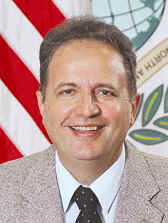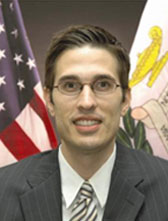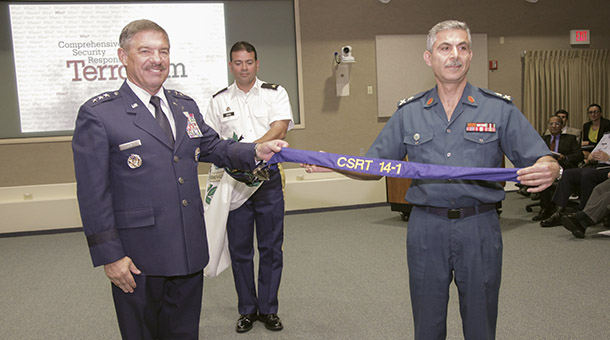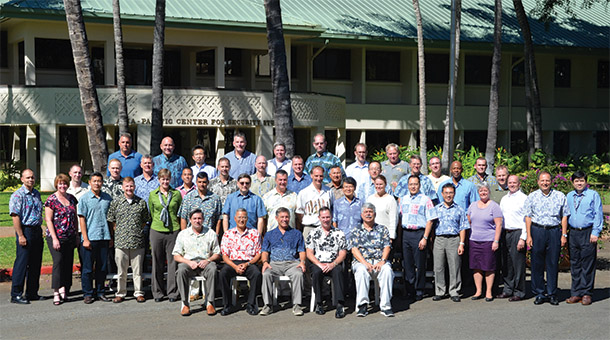APCSS Courses
Colombia at the Crossroads: Rebels, Drugs and Democratic Policies
Editorial: by Rouben Azizian, Ph.D., and Lt. Nicholas Matcheck U.S. Navy The Security Sector Development team from the Asia-Pacific Center for Security Studies discusses the Colombian Peace Process and Asia-Pacific issues at the Military University of Nueva Granada in Bogotá, Colombia. T he security sector development in the Asia-Pacific could draw lessons from the valuable experience and accomplishments of Colombia, a Pacific Latin American nation, which has been struggling for decades to end a devastating civil conflict. The conflict has features familiar to several Asia-Pacific nations that are trying to end internal insurgencies and associated with it drug trafficking, [...]









